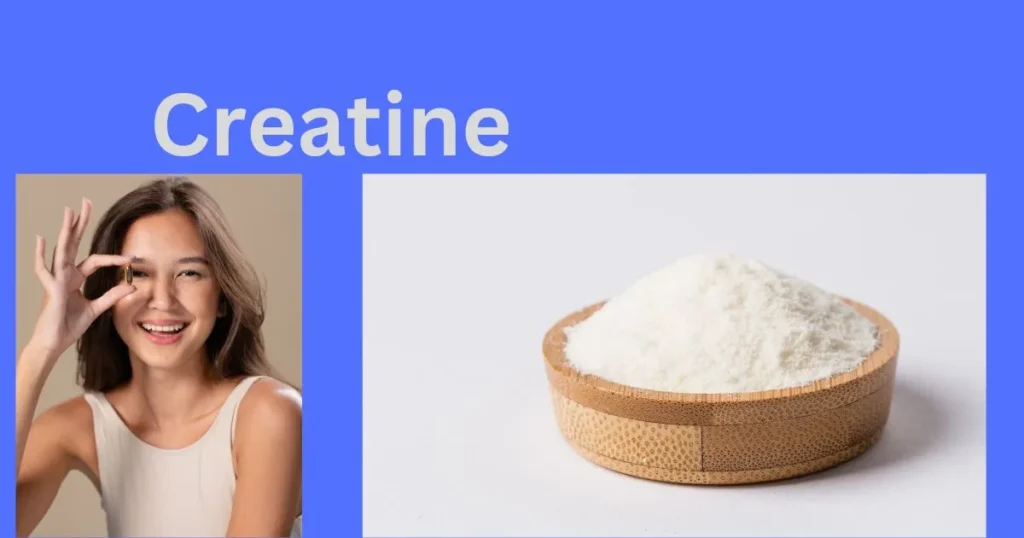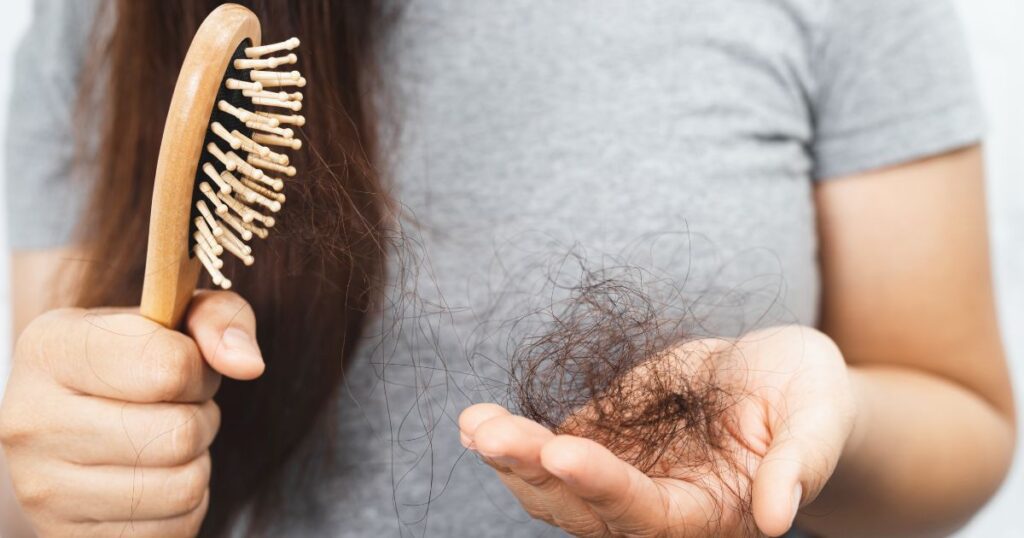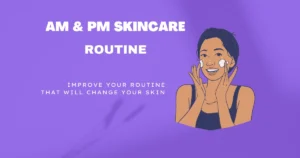Creatine is a popular dietary supplement known for its potential benefits in improving athletic performance and building muscle mass. However, among the many rumors and misconceptions surrounding this supplement, a question that often arises is, “Does creatine cause hair loss?” This article aims to dive deep into this topic, providing you with an in-depth analysis of the relationship between creatine usage and hair loss. By examining scientific research, separating fact from fiction, and addressing common concerns, we hope to provide you with a clearer understanding of the impact creatine may have on your hair health.

Does Creatine Cause Hair Loss?
Hair loss is a common concern for both men and women, and many individuals wonder whether creatine supplementation contributes to this issue. To better understand the potential relationship between creatine and hair loss, let’s explore the topic in detail.
Creatine: An Overview
Creatine is a naturally occurring compound found in small amounts in certain foods, primarily meat and fish. It plays a crucial role in supplying energy to cells, especially during high-intensity exercise. Creatine supplementation is popular among athletes and fitness enthusiasts due to its ability to enhance performance, increase muscle strength, and promote muscle growth.
Understanding Hair Loss
Before delving into the creatine and hair loss debate, it is essential to understand the various factors that contribute to hair loss. Hair loss, or alopecia, can be caused by a range of factors, including genetics, hormonal imbalances, nutritional deficiencies, and stress. Determining the underlying cause of hair loss is crucial for effective treatment and prevention strategies.

You may also like..How to Start a Healthy Hair Journey?
15 Best hair care tips for hair loss
The Link Between Creatine and Hair Loss: Myth or Reality?
Despite widespread speculation, there is currently no scientific evidence to suggest that creatine cause hair loss. The belief that creatine leads to hair loss may stem from misconceptions and anecdotal reports rather than concrete scientific data.
Debunking Common Misconceptions
Let’s address some of the common misconceptions surrounding creatine cause hair loss to separate fact from fiction:
Misconception 1: Creatine increases dihydrotestosterone (DHT) levels, which leads to hair loss.
Misconception 2: Creatine causes dehydration, affecting scalp health and contributing to hair loss.
Misconception 3: Creatine negatively impacts hormonal balance, triggering hair loss.
Now that we’ve explored the foundation of this topic, let’s examine scientific studies to gain further insights into the potential effects of creatine on hair health.
Scientific Studies on Creatine and Hair Loss
To better understand the relationship between creatine supplementation and hair loss, several studies have been conducted. Let’s review some of the key findings.
Study 1: Examining the Effects of Creatine on Hair Follicles
In a study published in the Journal of Molecular Histology, researchers examined the impact of creatine on hair follicles. The results showed no direct negative effects of creatine on hair follicle function or hair growth. This suggests that creatine does not interfere with the natural hair growth cycle.
Study 2: Analyzing the Relationship Between Creatine and DHT
Dihydrotestosterone (DHT) is a hormone known to contribute to hair loss in individuals genetically predisposed to androgenic alopecia. A study published in the Journal of Cosmetic Dermatology explored the effect of creatine on DHT levels. The findings revealed that creatine supplementation did not significantly alter DHT levels in the body, indicating that it is unlikely to cause hair loss.
Study 3: Investigating Long-Term Creatine Use and Hair Health
A long-term study published in the Journal of Strength and Conditioning Research aimed to assess the effects of creatine supplementation on various health parameters, including hair health. The results indicated no significant association between creatine use and hair loss, further supporting the lack of a direct link between the two.
While these studies provide valuable insights, it is important to consider individual factors and other potential causes of hair loss. Let’s explore some of these factors in more detail.
Factors Influencing Hair Loss
Hair loss can be influenced by a variety of factors, including genetics, hormonal imbalances, nutritional deficiencies, and stress. Understanding these factors can help identify the root cause of hair loss and determine appropriate treatment options.
- Genetics and Hair Loss
Genetics play a significant role in determining an individual’s susceptibility to hair loss. If you have a family history of androgenic alopecia, commonly known as male or female pattern baldness, you may be more likely to experience hair loss regardless of creatine usage.
- Hormonal Imbalances and Hair Loss
Hormonal imbalances, particularly an increase in DHT levels, can contribute to hair loss. However, as mentioned earlier, creatine supplementation does not appear to significantly affect DHT levels, making it an unlikely direct cause of hair loss.
- Nutritional Deficiencies and Hair Loss
Poor nutrition, particularly deficiencies in essential vitamins and minerals, can impact hair health and contribute to hair loss. Maintaining a balanced diet and ensuring adequate nutrient intake is crucial for overall hair health, regardless of creatine usage.
- Stress and Hair Loss
Stress can also play a role in hair loss. High levels of stress can disrupt the natural hair growth cycle, leading to excessive shedding or thinning. Managing stress through relaxation techniques, exercise, and a healthy lifestyle is important for maintaining optimal hair health.

Creatine Usage: Potential Side Effects
While creatine supplementation is generally considered safe, it is essential to be aware of potential side effects. Understanding the risks associated with creatine usage can help individuals make informed decisions.
- Water Retention and Weight Gain
One common side effect of creatine supplementation is water retention, which can lead to temporary weight gain. However, this weight gain is primarily due to increased water content in the muscles and not fat accumulation.
- Gastrointestinal Issues
Some individuals may experience gastrointestinal issues such as bloating, cramping, or diarrhea when taking creatine supplements. These side effects are generally mild and can often be minimized by adjusting the dosage or taking creatine with food.
- Kidney and Liver Health
Contrary to popular belief, numerous studies have shown that creatine supplementation does not have adverse effects on kidney or liver function in healthy individuals. However, individuals with pre-existing kidney or liver conditions should consult their healthcare provider before starting any new dietary supplement.
- Interaction with Medications
Creatine supplementation may interact with certain medications, such as those prescribed for kidney or liver conditions. It is important to consult a healthcare professional before taking creatine if you are currently taking any medications.
Conclusion
In conclusion, there is no scientific evidence to support the claim that creatine cause hair loss. Hair loss is a complex condition influenced by various factors such as genetics, hormonal imbalances, nutritional deficiencies, and stress. Creatine supplementation, when used within recommended guidelines, is generally safe and unlikely to directly contribute to hair loss. However, it is always recommended to consult with a healthcare professional before starting any new dietary supplement to ensure it aligns with your individual health needs and goals.
Disclaimer: The advice and suggestions mentioned in the article are for general information purpose only and it should not be taken as professional medical advice. Always consult your doctor if you have any questions or concerns.
Does creatine cause hair loss?
No scientific evidence suggests that creatine cause hair loss.
Can women take creatine without the risk of hair loss?
Creatine supplementation does not appear to pose a higher risk of hair loss in women compared to men.
Is there a specific dosage of creatine that minimizes hair loss risk?
Currently, no specific dosage of creatine has been identified to minimize the risk of hair loss.
Can hair loss be reversed if it occurs due to creatine use?
If hair loss occurs during creatine use, it is likely due to other factors. Addressing the underlying cause of hair loss may help improve hair health.
Should individuals with a family history of hair loss avoid creatine?
Having a family history of hair loss does not necessarily mean creatine supplementation should be avoided. However, individuals with a predisposition to hair loss should monitor their hair health closely and consult a healthcare professional if concerned.




